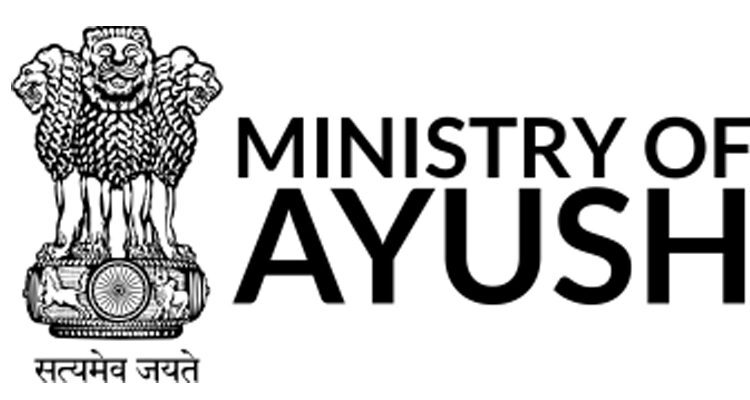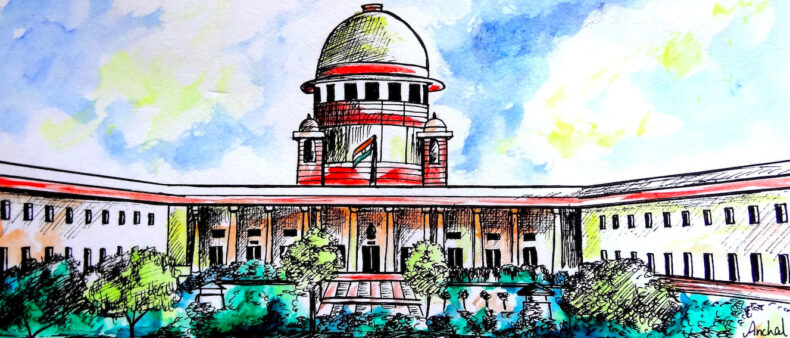In a landmark judgment, the Supreme Court of India has unequivocally reaffirmed the autonomy of organizations in determining their employees’ superannuation age. The case, titled “Central Council for Research in Ayurvedic Sciences v. Bikartan Das,” revolves around the authority of the Central Council for Research in Ayurvedic Sciences (CCRAS) to set the retirement age for its employees, specifically in response to a demand for parity with AYUSH doctors.

Background of the Case :- Superannuation Age
The controversy arose when an employee of CCRAS, Bikartan Das, sought an extension of his superannuation age to 65 years, citing his dedicated service in treating patients in both Out-Patient Departments (OPDs) and In-Patient Departments (IPDs). Das’s plea was rooted in the context of the Union Cabinet’s decision to enhance the superannuation age of AYUSH doctors to 65 years. However, this extension was subsequently clarified to be inapplicable to autonomous bodies operating under the Ministry of AYUSH, to which CCRAS belongs.
Clash of Interpretations: Court’s Deliberation
The pivotal point of contention lay in the interpretation of Clause 34 of the Bye-Laws of CCRAS, which addresses “Superannuation.” The Supreme Court bench, headed by Chief Justice of India DY Chandrachud and Justice J.B. Pardiwala, meticulously dissected the language of the clause. It underscored the importance of the disjunctive term “or,” highlighting the Council’s prerogative to independently define superannuation rules distinct from those set by the government.
Preserving Organizational Autonomy
The apex court’s verdict underscored the autonomy of organizations in determining their internal policies, including superannuation age. While acknowledging its role in safeguarding against arbitrary policy decisions, the court emphasized that the ultimate authority to establish superannuation age policies rests with the relevant organizational bodies. Justice Pardiwala, in the judgment, stated, “The age of superannuation is always governed by statutory rules & other service conditions.” This decision underscores the importance of organizations’ autonomy in framing policies aligned with their specific requirements and objectives.
Divergent Service Conditions: The Key Differentiator
The court also differentiated between the service conditions of Bikartan Das and AYUSH doctors, dismissing the notion that treating patients in IPD and OPD departments inherently equates to a right to parity in superannuation age. It emphasized that while Das might have rendered valuable medical services, his service conditions and mode of recruitment markedly differ from those of AYUSH doctors. The court’s ruling reinforces the principle that parity in superannuation age should be examined within the broader context of service conditions and recruitment criteria.
Implications and Future Prospects
This judgment has far-reaching implications for organizations across India, echoing the court’s resounding affirmation of their autonomy in shaping internal policies, including retirement age. It sets a precedent for the interpretation of similar clauses in the bye-laws of various organizations and could potentially discourage challenges seeking uniformity in superannuation ages without considering contextual disparities. Furthermore, the verdict strengthens the legal framework supporting organizations’ right to independently frame policies without being compelled to adopt government-established norms.
Conclusion: A Verdict for Organizational Independence
The Supreme Court’s verdict in the Bikartan Das case underscores the significance of organizational autonomy in determining superannuation age. By dissecting the language of the relevant clause and emphasizing the autonomy granted to CCRAS in setting its own superannuation rules, the court has not only settled a specific case but also established a broader principle that upholds the independence of organizations in framing internal policies. This verdict will undoubtedly resonate across industries and sectors, heralding a new era where organizations can exercise greater control over matters central to their functioning and identity.













